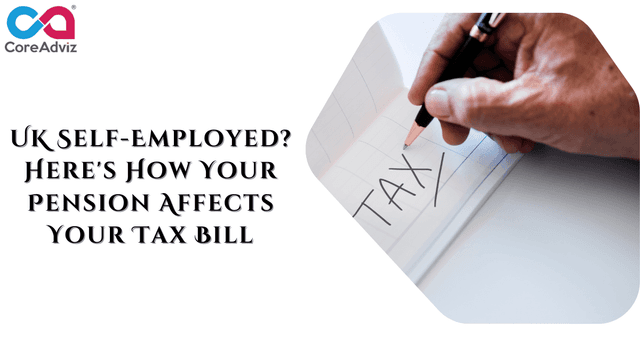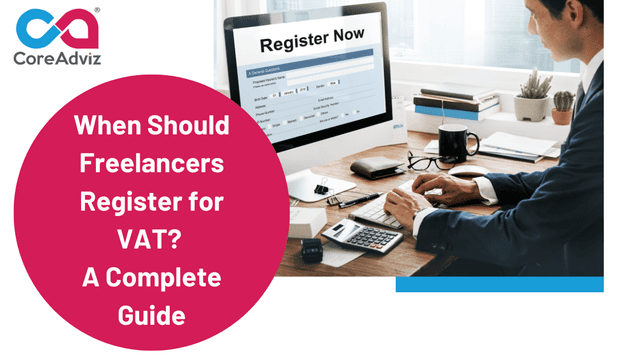
HomeBlog Navigating UK VAT: Common Mistakes and How to Avoid Them
Navigating UK VAT: Common Mistakes and How to Avoid Them
Kausik MukherjeeVAT
Navigating the complexities of Value Added Tax (VAT) in the UK can be a daunting task for businesses. Therefore understanding and managing VAT is essential for every business owner. Not only the large organization but a small business owner should also understand the VAT and know the different VAT rates applicable to their business. A silly mistake can lead to a costly error. Therefore, every company should be aware of such mistakes and know how to avoid them.
Here we’ll explore some common VAT mistakes and how to avoid them.
Fail to Register for VAT on Time
One of the most common mistakes businesses make is they fail to register for VAT on time. Late registration can result in penalties.
How to Avoid:
Businesses must monitor their turnover regularly to ensure it doesn’t exceed the threshold. They can also take the help of any accounting software that tracks taxable sales and alerts them while they are approaching the limit.
Wrong Categorization of Goods or Services
If goods or services are classified wrongly then businesses may need to pay more VAT than it supposed to be.
How to Avoid:
Try to familiarize yourself with HMRC’s VAT rate guidelines for your industry. If you have any doubts consult with a tax accountant immediately.
Errors in VAT Returns
Submitting incorrect VAT returns is a common issue. Sometimes it happens due to some manual errors and misunderstanding of VAT-able income and expenses.
How to Avoid:
To ensure accuracy, reconcile your account regularly. You can use Making Tax Digital (MTD)-compliant software for automated and error-free VAT calculations. Always double-check VAT return before final submission.
Overlooking VAT on Imports and Exports
International trade became complex, particularly with the UK’s post-Brexit VAT rules. Businesses exporting goods to the EU need to understand the applicable rules.
How to Avoid:
Businesses need to understand post-Brexit VAT rules and guidelines before deciding anything on VAT. Post-Brexit VAT rules have brought several changes for businesses in the UK, especially those involved in cross-border trade.
Failing to Reclaim Input VAT
Businesses can reclaim VAT paid on goods and services used for business purposes. But most of the time it’s observed that they fail to do so due to poor maintenance of records and lack of knowledge on recent VAT rules.
How to Avoid:
Maintaining all VAT invoices and receipts in an organized way will help to avoid such mistakes. Use software to track VAT on purchases and reclaim your VAT amount on time. Review regularly your VAT reclaim so that you don’t miss it.
Ignoring the Reverse Charge Mechanism
The reverse charge mechanism applies to certain services and goods. It’s especially applicable in the construction sector. Businesses should not ignore this as it may lead to misreporting of VAT.
How to Avoid:
Understand the reverse charge mechanism and apply it as per your business needs. To avoid any types of accounting mistakes consult with an experienced accountant who can do such transactions accurately.
Not Keeping Adequate Records
HMRC wants businesses to keep VAT records for at least six months. Failing to keep such records can lead to penalties during audits.
How to Avoid:
Try to maintain both physical and digital copies of all VAT-related documents. To avoid the loss of data businesses may take the help of cloud-based accounting tools that store records securely.
Ignoring Changes in VAT Rules
VAT regulations can change at any point in time therefore businesses must be aware of these changes. Staying ignorant of these changes can lead to unintentional non-compliance.
How to Avoid:
Subscribe to updates from HMRC and keep yourself up to date on VAT-related changes. Attending VAT training and workshops can help businesses to have a clear idea of recent changes in VAT rules.
Conclusion:
By understanding the intricacies of UK VAT and proactively addressing potential pitfalls, businesses can save time, money, and the stress of dealing with HMRC penalties.


